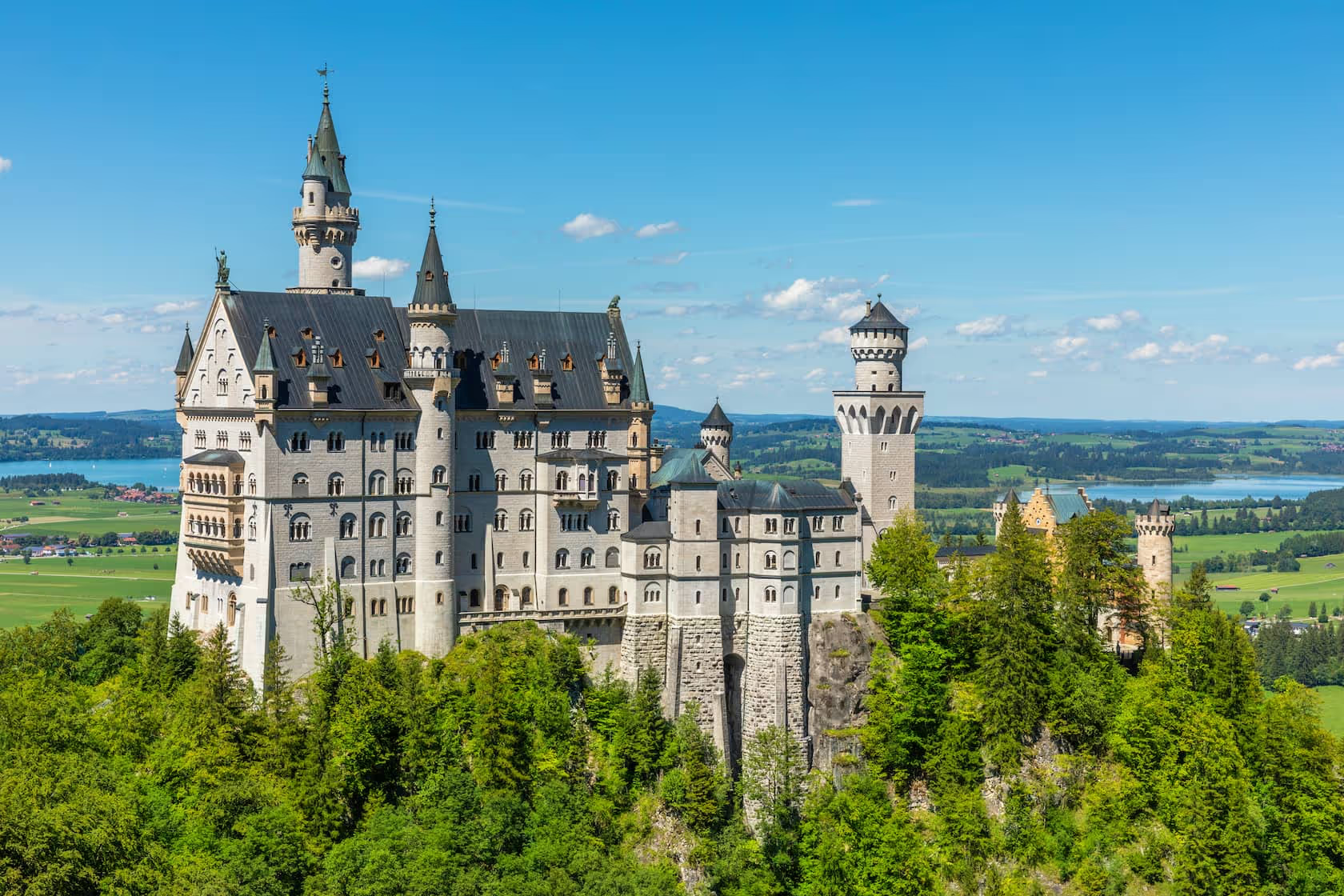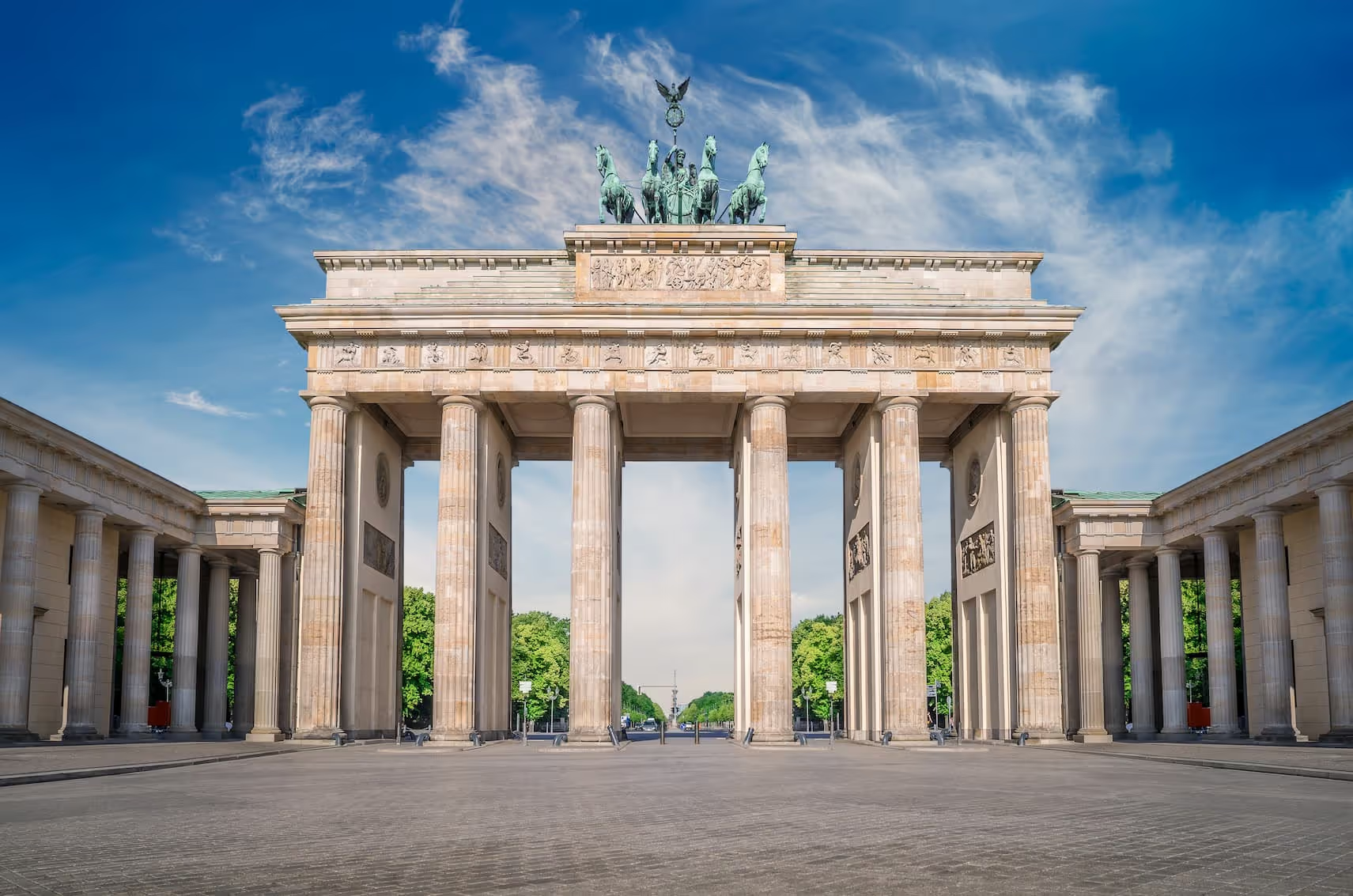Germany, located in the heart of Europe, is known for its innovation, cultural richness, and efficient systems. It’s a country where medieval castles sit alongside cutting-edge architecture, and where traditions like Oktoberfest coexist with forward-thinking green energy initiatives. Germany’s thriving economy, high standard of living, and excellent public services make it one of the best countries in the world for expats and digital nomads.
For digital nomads, Germany boasts robust internet, a growing number of coworking spaces, and a welcoming atmosphere for skilled workers and entrepreneurs. From Berlin’s creative scene to Bavaria’s traditions, Germany is diverse and well-suited for various lifestyles.
Culture
Germany’s culture values order, efficiency, and punctuality. Festivals like Oktoberfest and Christmas markets are globally famous. Arts and music thrive here, with Germany being home to composers like Beethoven and Bach. The country’s rich history is reflected in its architecture and numerous UNESCO World Heritage Sites. Germans are known for their straightforward communication style and environmental consciousness.
Do’s and Don’ts
✅ Do make sure to be punctual for appointments and social engagements.
✅ Do follow recycling rules strictly; Germany is serious about waste management.
✅ Do learn basic German phrases—it’s appreciated even if most people speak English in cities.
❌ Don’t jaywalk; it’s frowned upon and may incur fines.
❌ Don't make loud conversations or phone calls in public spaces, especially on public transport.
❌ Don’t compare modern Germany to its World War II history—it’s a sensitive topic.
Government
Germany is a federal parliamentary republic. The country is divided into 16 federal states (Bundesländer), each with its own constitution and government. The Chancellor serves as the head of government, while the President is the ceremonial head of state. Laws and policies are harmonized at both federal and state levels.
Social media
Popular platforms include:
- WhatsApp: Most common for messaging.
- Facebook and Instagram: Widely used for social networking.
- LinkedIn and Xing: Used for professional networking.
- YouTube: Popular for entertainment and education.
National sport
Football (soccer) is Germany’s most popular sport, with the Bundesliga being one of the most prestigious leagues in the world. The national team has won the FIFA World Cup four times, highlighting its importance to German culture. Other popular sports include handball, basketball, and winter sports.

.png)

.svg)














.avif)









.svg)






.svg)
.svg)
.svg)
